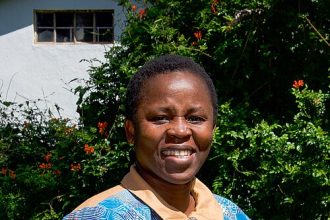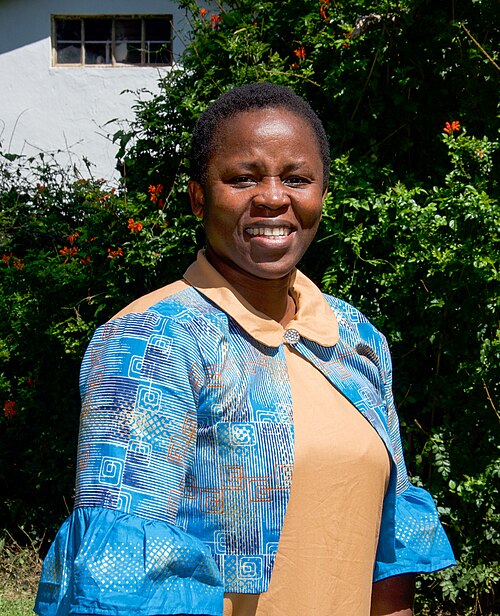The United Nations Population Fund (UNFPA) is calling for urgent and coordinated action to end female genital mutilation (FGM) across East and Southern Africa, warning that millions of girls remain at risk despite growing momentum in the region.
Speaking as UNFPA released new data on the scale of the practice, Regional Gender and Human Rights Adviser Tapiwa Nyasulu said FGM persists in at least 14 countries in the region — including Kenya, Tanzania, Uganda, Ethiopia, Eritrea, Comoros, Lesotho, Madagascar, Mauritius, Mozambique, Namibia, Seychelles, Zambia and Zimbabwe.
While prevalence varies widely, Nyasulu noted that deeply rooted social norms continue to drive the practice, with some families escorting girls across borders to avoid national enforcement. She described cross-border cutting as “one of the most pressing and complex dimensions of the regional response.”
New figures from the UNFPA–UNICEF Joint Programme on the Elimination of FGM reveal both progress and the scale of work ahead. In 2024:
- More than 304,820 girls aged 0–14 were protected from FGM
- Nearly 4 million women and girls joined community dialogues
- Around 250 million people were reached with anti-FGM messages
- Almost 7 million girls and women accessed prevention or care services
Nyasulu said the results offer the strongest evidence yet that FGM can be eliminated within a generation, provided current efforts are expanded and sustained.
Key programmes supported by the Novo Nordisk Foundation in Kenya, Ethiopia, Uganda and Tanzania have boosted community mobilisation, digital advocacy and youth-led engagement — helping shift long-held beliefs and strengthen local protection systems.
“Across East and Southern Africa, communities are driving powerful change,” Nyasulu said. “Girls are speaking out, men and boys are becoming allies, traditional and religious leaders are shifting positions, and governments are reinforcing legal and policy frameworks. With the right partnerships and sustained investments, we can bring the prevalence of FGM down to zero.”
Nyasulu stressed that FGM is not only a human-rights violation but a major public-health threat linked to trauma, obstructed labour, excessive bleeding, infections and lifelong reproductive and psychological complications.
“Ending FGM is integral to reducing maternal deaths and strengthening sexual and reproductive health systems,” she said. “It is central to achieving gender equality across the region.”
Despite encouraging gains, UNFPA warned of uneven progress. Displacement, economic shocks and social fragmentation are increasing risks for girls in some hotspots, making sustained funding and community-level engagement critical to preventing backsliding.
Nyasulu urged governments, regional bodies, civil society and development partners to strengthen collaboration — especially on cross-border coordination, survivor-centred services and efforts that challenge harmful gender norms.
“Ending FGM is not the responsibility of a single country or institution; it is a regional commitment,” she said. “Our collective action today will determine the rights, health and futures of millions of girls.”
UNFPA reaffirmed its commitment to providing data, programming and policy support to governments, and acknowledged key donors, including the Novo Nordisk Foundation, for enabling long-term, community-led progress.
“FGM can end in our lifetime,” Nyasulu said. “But only if we sustain the momentum, scale what works and keep girls’ rights at the centre of every effort.”




